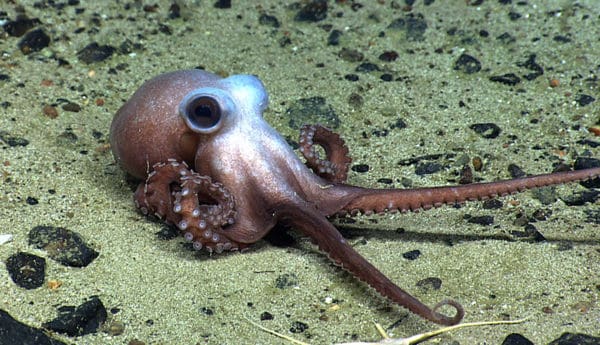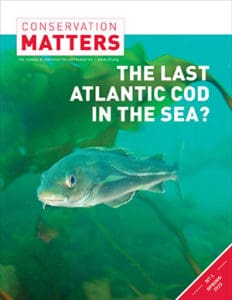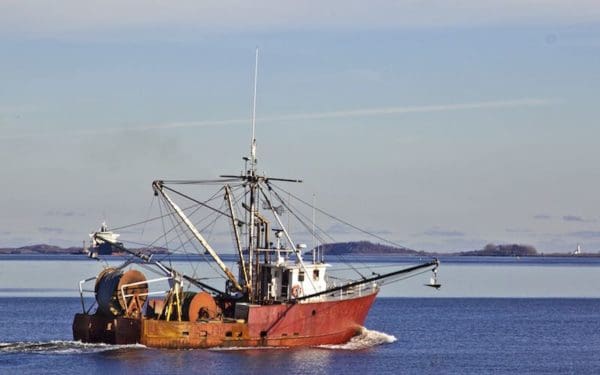Apr 29, 2022
As New Englander’s, we are lucky to have our very own marine National Monument in our backyards. But it shouldn’t be the last. Here are 5 reasons why we must continue to protect special places in our ocean.
Jul 09, 2021
The Biden administration has outlined a bold vision for conservation, but the devil is in the details, especially when it comes to protecting 30% of lands and waters by 2030.
Jan 29, 2021
Biden’s flurry of executive orders addressing climate change, conservation, and environmental justice has us optimistic. Now we must ensure his administration follows through and turns these orders into meaningful and actionable policy.
Sep 08, 2020
As we celebrate the four-year anniversary of New England’s national monuments, CLF is part of a growing movement of scientists, policymakers, businesses, and conservation organizations in the United States and around the world calling for the global protection of at least 30% of land and 30% of the ocean by 2030.
Jul 31, 2020
We know that to protect biodiversity and build our ocean’s resilience to climate change, we must protect much more of New England’s ocean.
Jul 22, 2020
In times of change and upheaval, there is also room for hope and inspiration. While we collectively have much hard work ahead of us, we also have much to commend. Our hope is that this report offers insight into the work that your support makes possible – and inspiration for what we know we can accomplish together.
Mar 23, 2020
For centuries, Atlantic cod has been essential to New England’s identity. Yet today, you can rarely find locally caught cod in a grocery store or on a menu – because it has been fished to the brink of disaster. Here’s what it’s going to take to save New England’s founding fish.
Dec 27, 2019
“The fishermen have had the ocean all to themselves for centuries,” says Peter Shelley, senior counsel for the Conservation Law Foundation in Boston. Shelley says the lawsuit challenging the Northeast Canyons and Seamounts National Monument, and the presidential authority that created it, failed to acknowledge other “values” such as conservation and preservation as powers granted in the Antiquities Act of 1906.
Mar 28, 2019
This underwater mountain range faces mounting threats.
May 10, 2018
Conservation Law Foundation has filed two challenges to the National Marine Fisheries Service Omnibus Habitat Amendment related to the impact of fishing gear on important species.









